Conjunctivitis: A Look At The Causes, Treatment And Prevention Of The ‘Pink Eye’
NDTV-Dettol Banega Swasth India spoke to Dr. Kamal B Kapur, eye specialist, Director and Co-Founder of Sharp Sight Eye Hospitals, about how one gets Conjunctivitis, commonly known as "pink eye", the role of weather conditions in spreading the infection and the treatment one can take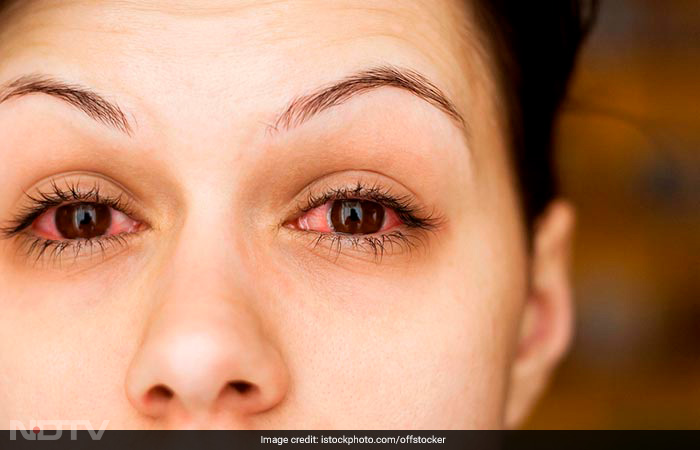

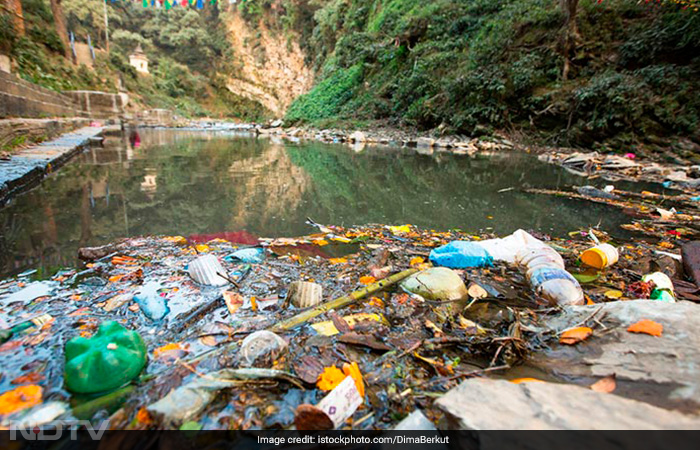
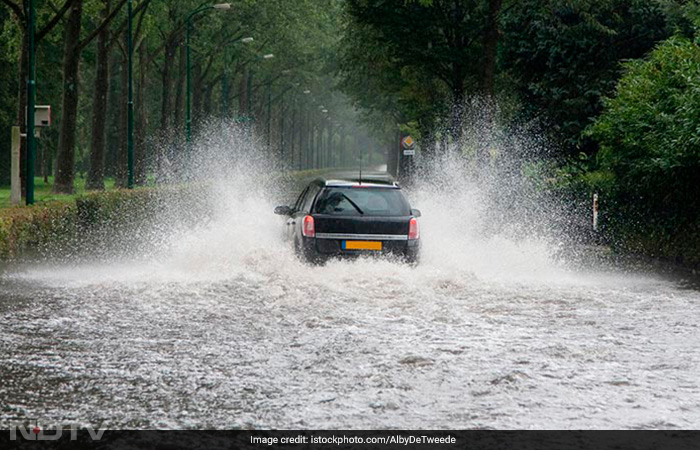
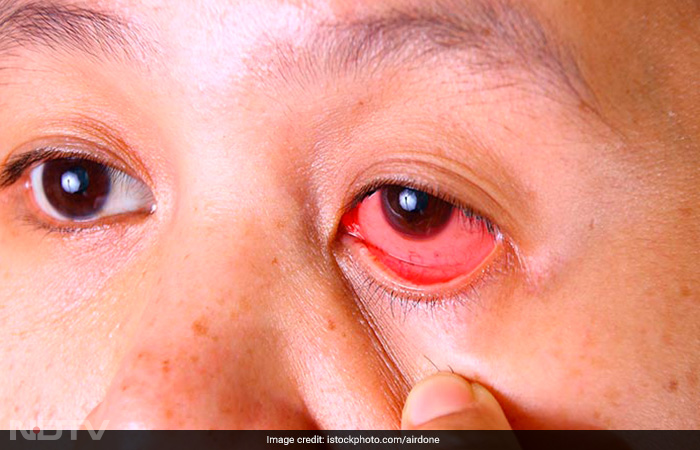
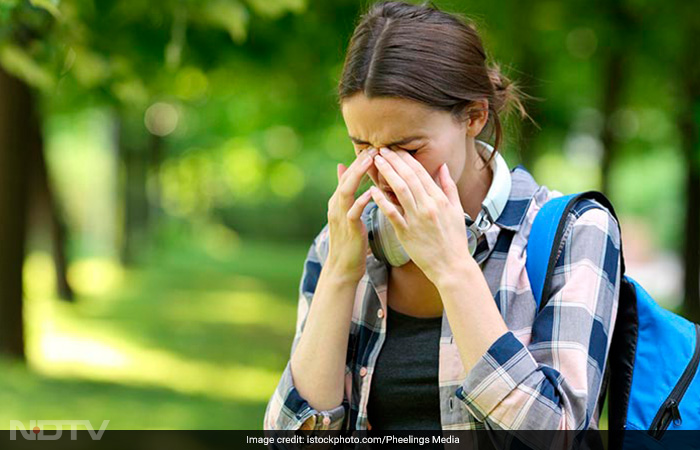
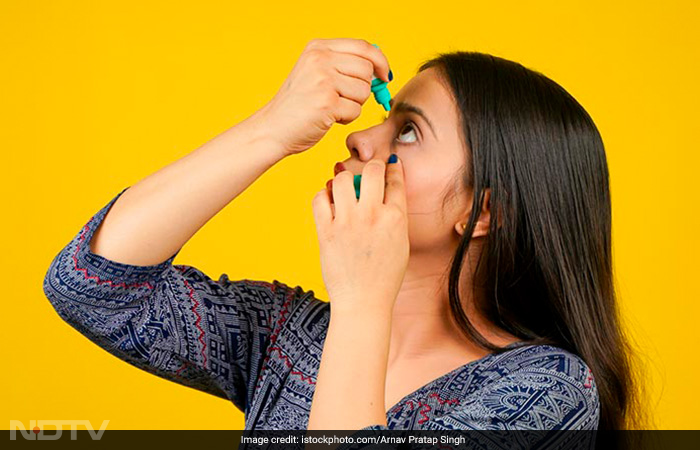
Treatment of conjunctivitis includes usage of eye drops prescribed by an eye specialist or an ophthalmologist. Putting eye drops in the required amount is significant as it affects the recovery process. The infected person must wash the eyes four to five times a day using clean boiled cool water or filter water.
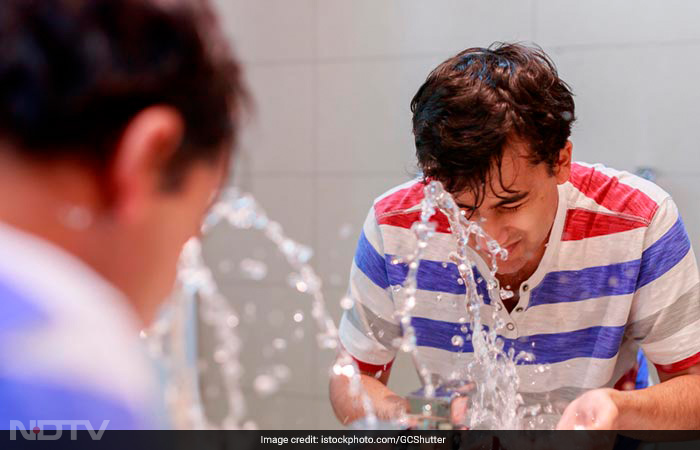
During the monsoon season, people must avoid touching the eyes and sanitise hands frequently during the day. Using filtered water instead of tap water to splash the eyes can also prevent the plausible infection. One must avoid sharing towels, handkerchiefs, or other personal items with the infected individual.















